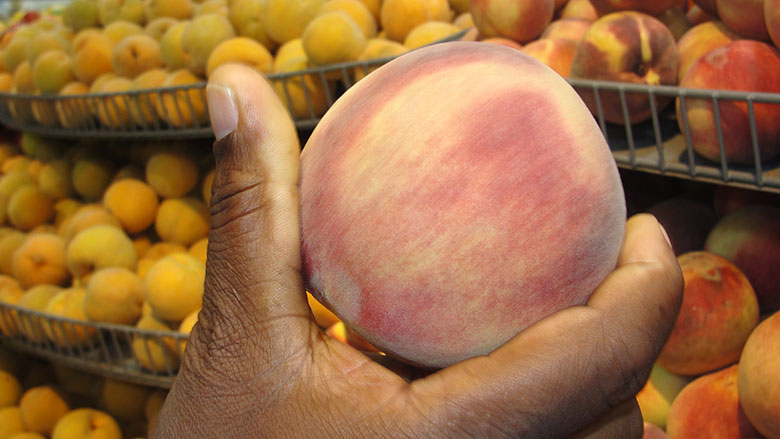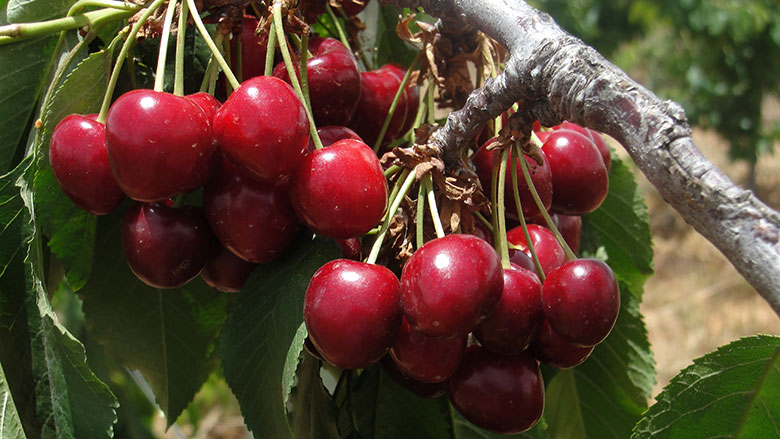The project is part of the World Bank’s broader $13.1 million Second Private Sector Competitiveness and Economic Diversification Project, which aims to increase private sector investment, firm growth, and job creation through development of selected non-textile industries. Funded by IDA, the World Bank’s fund for the poorest countries, the project supports the government’s efforts to diversify the economy and decrease reliance on textile exports as the main engine of growth by demonstrating that commercial deciduous fruit production is feasible, competitive and sustainable.
“Although this project is made possible through public financing support, our hope is to attract private investment and for the farms to become self-sufficient and competitive,” said Janet Entwistle, World Bank Country Representative for Lesotho.
The Basotho people have traditionally relied on subsistence farming, mainly of corn, wheat, pulses, sorghum, barley and livestock. However, Lesotho’s location and micro-climatic conditions give the country a competitive advantage in the production of a variety of pome and stone fruits, which can be supplied to international markets two to four weeks earlier than those from competitors in South Africa.
“We know from this project that it is feasible for Lesotho to develop a thriving new fruit tree sector that can contribute to economic growth,” said Maria Paulina Mogollon, World Bank senior private sector specialist and task team leader on the project. “Doing this will nonetheless require significant further private and public investments to develop each step of the value chain.”
The Likhothola Farm was preceded by three pilot projects from 2007-2013, set up to evaluate the feasibility of growing fruit and identify promising fruit tree varieties and agro-climatic locations. The current phase (2014-2019) has scaled-up production, tested domestic and international market interest, and secured GLOBALG.A.P certification.
A total area of 41.5 hectares of land is under cultivation, containing 14 varieties of apples, peaches, apricots, plums and cherries. In Mahobong II village, 16,639 plum, pear and apple seedlings have been planted, and another 16,307 peach, plum, pear and apple seedlings planted in Likhetlane village. Although the severe 2015-2016 drought was a setback, new seedlings have been planted to replace those that died, and boreholes will be drilled in the next few weeks.
“This is an experiment which has gone extremely well,” said Chaba Mokuku, project manager. “The next step is to attract investors to scale-up the initiative in suitable areas throughout the country.”
The government and the World Bank have proposed an additional financing operation to consolidate the project’s gains and accelerate its progress.


